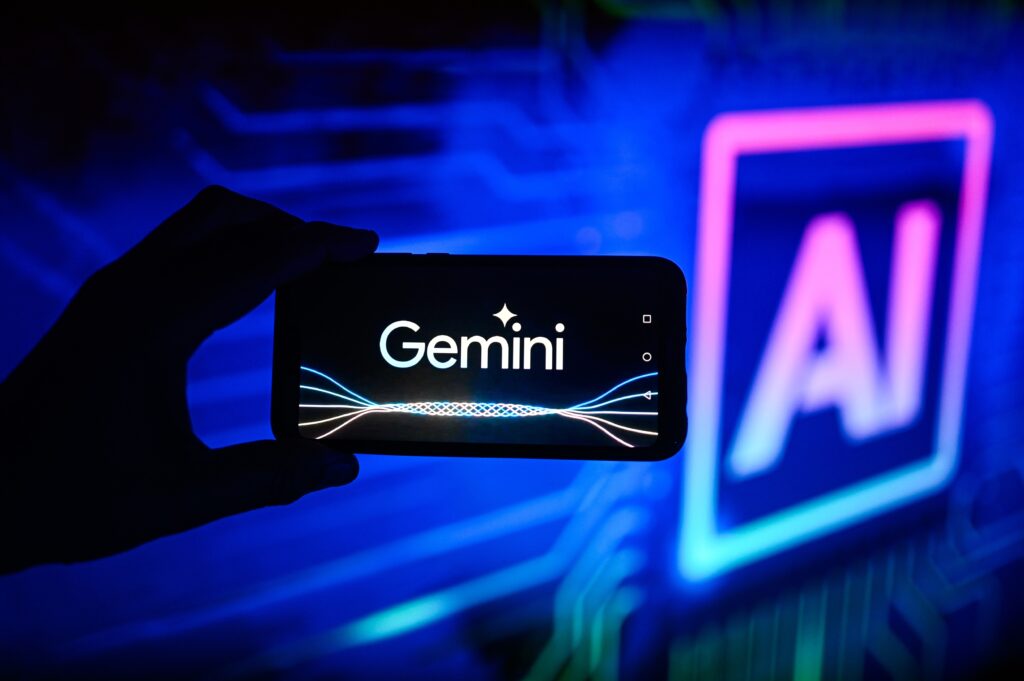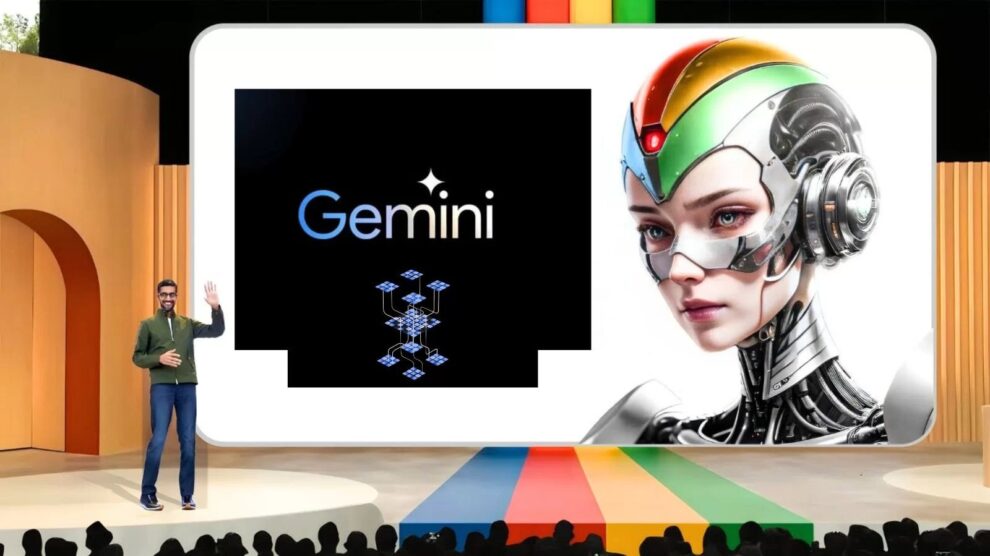In the world of advertising, creating a memorable and impactful campaign is the ultimate goal. But sometimes, even tech giants like Google can find themselves in hot water when their vision doesn’t align with public sentiment. The recent controversy surrounding Google’s AI-focused Olympics ad, “Dear Sydney,” serves as a perfect example of this disconnect. Let’s dive into this intriguing case study of marketing, artificial intelligence, and public perception.

The Ad That Sparked a Thousand Tweets
Picture this: a heartwarming scene of a young girl using AI to craft a letter to her athletic idol. Sounds touching, right? Well, not everyone thought so. Here’s what happened:
- Google aired an ad called “Dear Sydney” during the Olympics.
- The ad showcased AI technology writing a letter on behalf of a young girl to her sports hero.
- Instead of applause, Google was met with a wave of criticism and concern.
The Backlash: Why Did It Strike a Nerve?
The public’s reaction to the ad was swift and largely negative. But what exactly rubbed people the wrong way? Let’s break it down:
1. Devaluing Human Creativity
Many viewers felt the ad suggested that AI could replace genuine human expression and creativity. The idea of a machine writing a personal letter struck some as cold and impersonal.
2. AI Overreach
There were concerns about AI potentially replacing human interactions, even in areas as personal as writing to one’s idol.
3. Missed Emotional Connection
Some argued that the ad failed to capture the authentic emotions and effort that go into writing a heartfelt letter.
Google’s Perspective: “It Tested Well”
In response to the backlash, Google made an interesting claim: the ad had “tested well” before its public release. This raises some intriguing questions:
- What metrics did Google use to determine the ad’s success in testing?
- How representative was the test audience of the general public?
- Did the testing environment fail to capture real-world reactions?
The Power of Public Opinion
The stark contrast between Google’s test results and the public’s reaction highlights a crucial lesson in marketing: sometimes, traditional testing methods may not capture the full spectrum of audience sentiment. In the age of social media, public opinion can swiftly and dramatically shift the narrative around an ad campaign.
Pulling the Plug: Google’s Response
Faced with mounting criticism, Google made the decision to pull the ad. This move raises questions about:
- The company’s responsiveness to public feedback
- The financial implications of withdrawing a high-profile ad
- How this experience might shape Google’s future advertising strategies
The Bigger Picture: AI in Our Lives
Beyond the specifics of this ad, the controversy touches on broader societal concerns about AI’s role in our daily lives:
- How do we balance technological advancement with maintaining genuine human connections?
- What are the ethical considerations of using AI for tasks traditionally seen as personal or creative?
- How can tech companies better navigate the introduction of AI-powered tools to a sometimes skeptical public?
Learning from the Experience
For Google and other tech companies, this incident serves as a valuable lesson. It underscores the importance of:
- Understanding the nuances of public perception around AI
- Considering ethical implications alongside technological capabilities
- Crafting marketing messages that resonate with human values and emotions
Join the Conversation
As we continue to navigate the complex relationship between technology and society, your voice matters. We’d love to hear your thoughts:
- Did you see the “Dear Sydney” ad? What was your initial reaction?
- Do you think AI should be used for creative tasks like writing letters?
- How can we ensure AI development focuses on enhancing, rather than replacing, positive human experiences?
Whether you’re a tech enthusiast, a marketing professional, or simply someone interested in the impact of AI on our daily lives, this controversy offers plenty of food for thought. It reminds us that as we push the boundaries of what’s technologically possible, we must also consider what’s socially desirable and ethically sound.
What do you think the future holds for AI in advertising and beyond? Let’s keep this important conversation going!










Add Comment